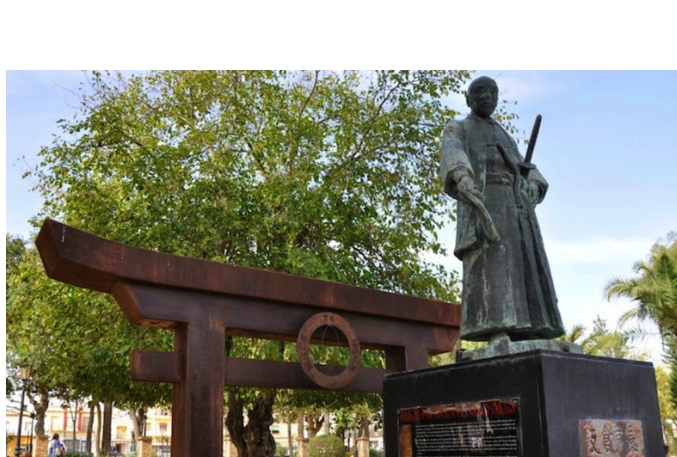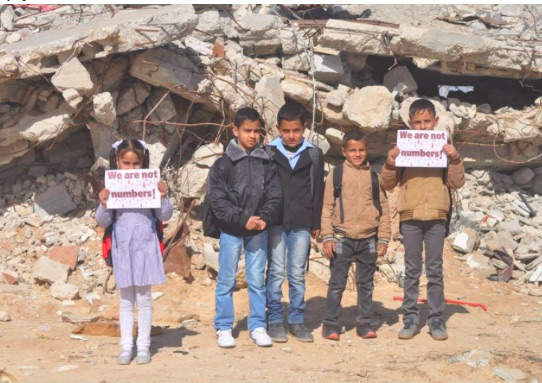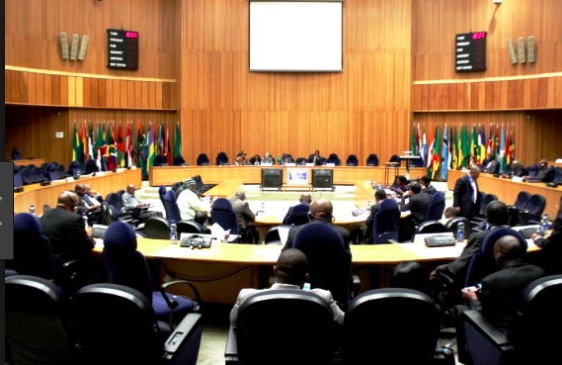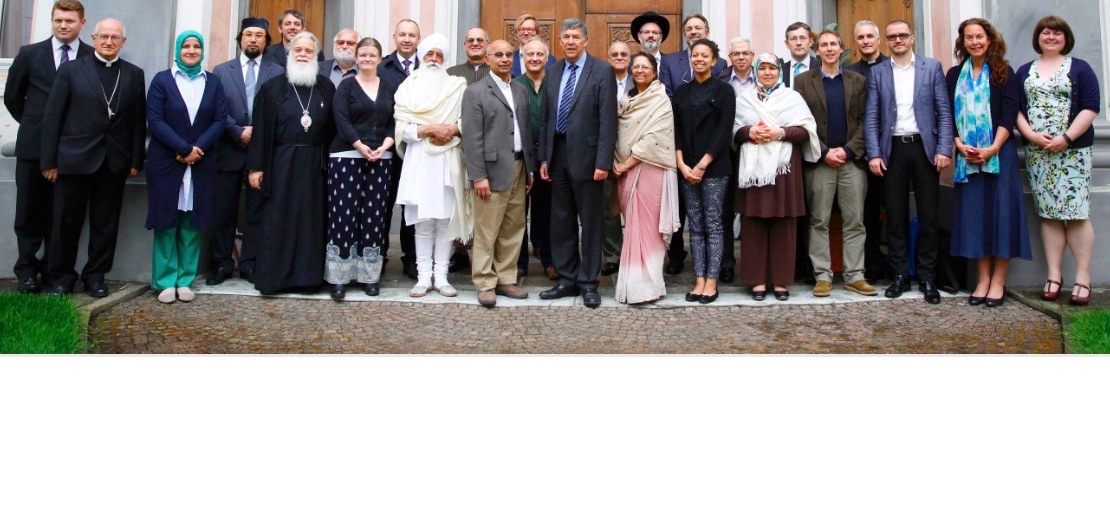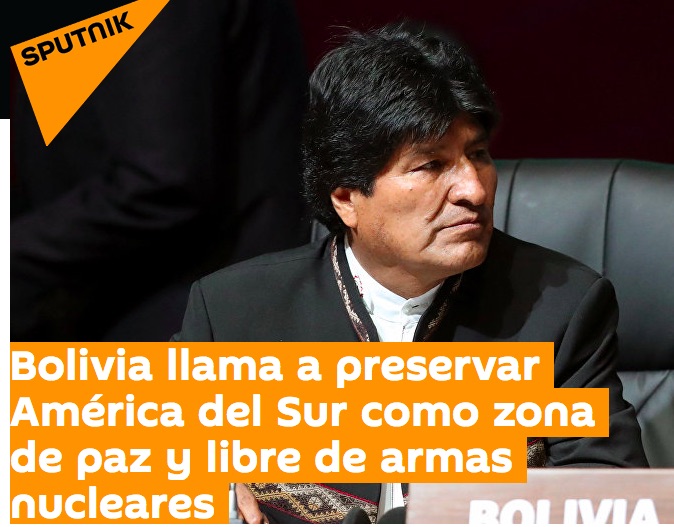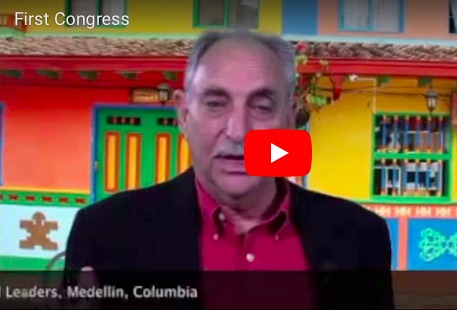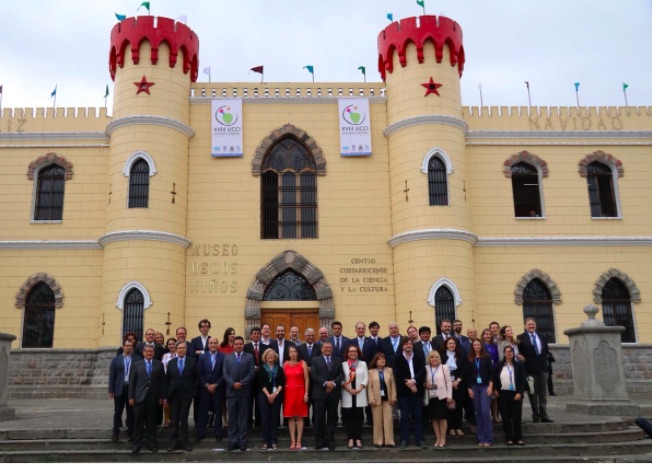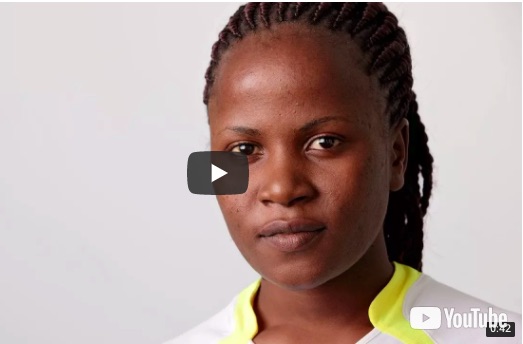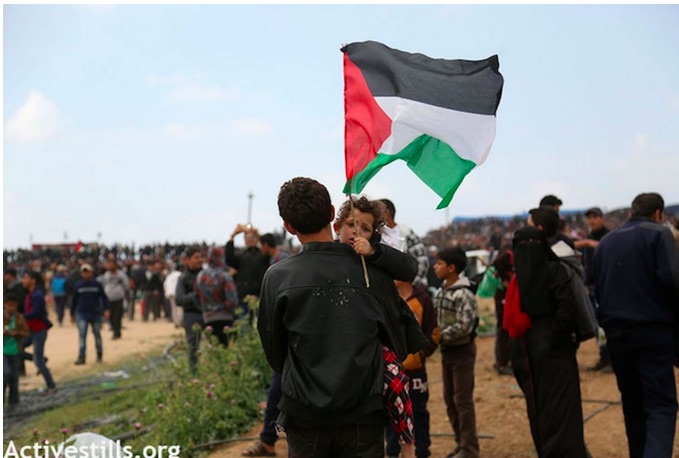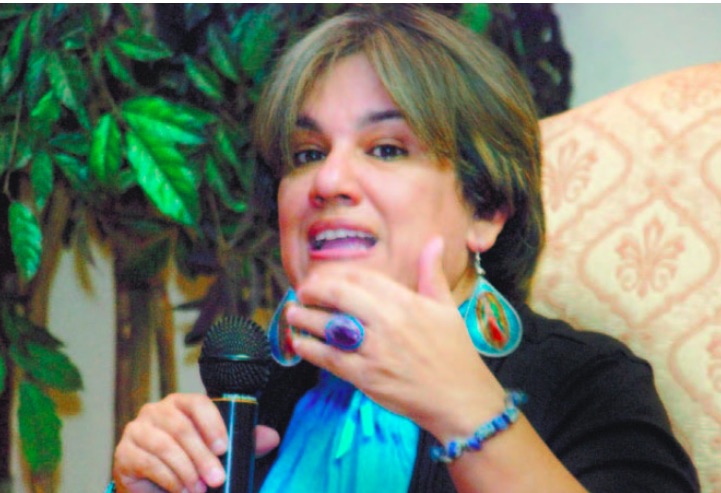EDUCATION FOR PEACE .
An article by Robert J. Burrowes, Anita McKone & Anahata Giri in the Transcend Media Service (abridged)
This is the latest six-monthly report on progress in relation to ‘The People’s Charter to Create a Nonviolent World’ together with a sample of news about Charter signatories and organizations.

Robert J. Burrowes, Anita McKone & Anahata Giri
Our collective effort to build a worldwide consensus against the use of violence in all contexts continues to make progress, even against rather overwhelming odds!
Our last report on 5 October 2017 was kindly published by Antonio C. S. Rosa in the TRANSCEND Media Service Weekly Digest. At the time of today’s report, we have signatories in 104 countries with our first signatories in Bolivia, Rwanda and Slovakia since the last report. We also have 114 organizations/networks from 36 countries with our first organization in Rwanda. If you wish, you can see the list of organizational endorsements on the Charter website.
If you wish to see individual signatories, click on the ‘View signatures’ item in the sidebar. You can use the search facility if you want to look for a specific name.
The latest progress report article ‘Nonviolence or Nonexistence? The Legacy of Martin Luther King Jr.’ was recently distributed to many progressive news websites: it was published by a number of outlets in 15 countries, thanks to very supportive editors (several of whom are Charter signatories: special thanks to Antonio Rosa, Gifty Ayim-Korankye, Korsi Senyo and Pía Figueroa). If you like, you can read the article (in English and Spanish), published on the anniversary of the assassination of Rev. Martin Luther King Jr. here: ‘Nonviolence or Nonexistence? The Legacy of Martin Luther King Jr.’ and ‘¿No violencia o No existencia? El legado de Martin Luther King Jr.’
If you feel inclined to do so, you are welcome to help raise awareness of the Nonviolence Charter using whatever means are easiest for you. Given recent revelations of the corruption of Facebook, this Charter account has been closed.
And our usual invitation and reminder: You are most welcome to send us a report on your activities for inclusion in the next report. We would love to hear from you!
Anyway, here is another (inadequate) sample of reports of the activities of individuals and organizations who are your fellow Charter signatories.
Given that dysfunctional parenting is ultimately responsible for the behaviour of those individuals – including political, corporate, military and religious leaders – who generate and perpetuate violence, a number of Charter signatories are now making ‘My Promise to Children’ so that we start to produce a higher proportion of functional individuals who know how to powerfully resolve conflicts in their lives without resort to violence. Still other signatories are now prioritizing their own recovery from childhood violence by ‘Putting Feelings First’.
Some other signatories are developing more sophisticated nonviolent strategies to deal with peace, environment and social justice issues more effectively, or so they can be more strategic in their liberation struggle. If you are interested in nonviolent strategy for your campaign or liberation struggle, these websites (which include photos of several Charter signatories) will be helpful:
Nonviolent Campaign Strategy
Nonviolent Defense/Liberation Strategy
(continued in right column)
Question for this article:
Can peace be guaranteed through nonviolent means?
(continued from left column)
If any of you have high quality photos of nonviolent actions that you are willing to have published on these sites, please send them to Robert All photos will be acknowledged where published.
If you would like to see Venezuelan Antonio Gutiérrez Rodero’s Spanish translation of the Nonviolence Charter, it is available here.
Deciding to recognize some of the many fine peace and justice leaders around the world, Charter signatory Professor Kathleen Malley-Morrison and her colleague Professor Anthony J. Marsella researched the efforts of hundreds of fine activist leaders. They compiled these names into a succession of ‘lists of 100’ and had these lists published. You can see the names of the people they decided to recognize, including many Charter signatories, in the first three lists here:
‘In Pursuit of Peace and Justice: 100 Peace & Justice Leaders and Models’.
‘In Pursuit of Peace and Justice: 100 Peace & Justice Leaders and Models (List #2)’.
‘100 Living Peace and Justice Leaders and Models (List #3)’.
Thank you for all your work Kathie and Tony.
Daniel Dalai’s visionary initiative Earthgardens, originally based in Bolivia and now in Guatemala, provides opportunities for girls to realize and practice their inherent leadership potential, particularly as part of Eco Teams in preserving natural biodiversity. Their beautiful website has just been updated and the stunning photos alone will tell you much about what these remarkable girls are doing. See Earthgardens.
The Afghan Peace Volunteers, mentored by Hakim, continue their visionary work in ‘Pursuing Peace Despite Everything’ in war-torn Afghanistan. Recently, on 21 March – which was ‘Nao Roz’ or ‘New Day’, the Afghan New Year – a suicide bomb attack occurred near Kabul University, not very far from the Borderfree Nonviolence Community Centre of the Afghan Peace Volunteers; it killed 32 people. ‘Despite the complicated fears and emotions that arise with each security incident, Zekerullah, Bismillah, Nisar and others gathered at the Centre, built a peace sign and lifted it up into the air with multi-coloured balloons.’ You can see their beautiful achievement and beautiful faces in the photos at the link above.
Among her ‘endless’ activist commitments, including with the Afghan Peace Volunteers, Kathy Kelly still manages to write regularly to tell us what she is experiencing and, often enough, what others are experiencing as a result of being targeted by the US military. This thought-provoking article ‘From the Ground Up’ begins by describing the experience of Afghan mothers living in a perpetual war zone.
Pía Figueroa in Chile is Co-Director of ‘Pressenza International Press Agency’, ‘a site that feeds media every day for free with news, opinions, interviews and contributions regarding peace, nonviolence, disarmament, human rights, nondiscrimination and humanism in eight different languages, thanks to the volunteer work of more than 100 people based in 25 different countries.’ Pía is also a writer; her books have been published in several languages and presented in more than forty places. She specializes in Silo’s proposals on inner development and the creation of a Universal Human Nation, where all kinds of violence and discrimination will be surpassed. Pía presently lives in Santiago de Chile, where she is an active member of the Humanist Party and the Frente Amplio political coalition. Nevertheless, she travels a lot, participating in public events and journalistic forums as well as in nonviolent gatherings, since she considers herself a global activist for peace. In a recent insightful commentary on politics in Chile, Pía wrote The era is decisive’. . . .
Click here for additional reports from Cambodia, Morocco, West Papua, Slovakia, Russia, Malaysa, USA, Nigeria, Ghana, Iraq, Brazil, Palestine, Australia, Canada, Ethiopia, D.R.Congo, New Zealand, Myanmar, India, Denmark, UK, Rwanda and Bolivia,
(Click here for the Spanish version of this article)
